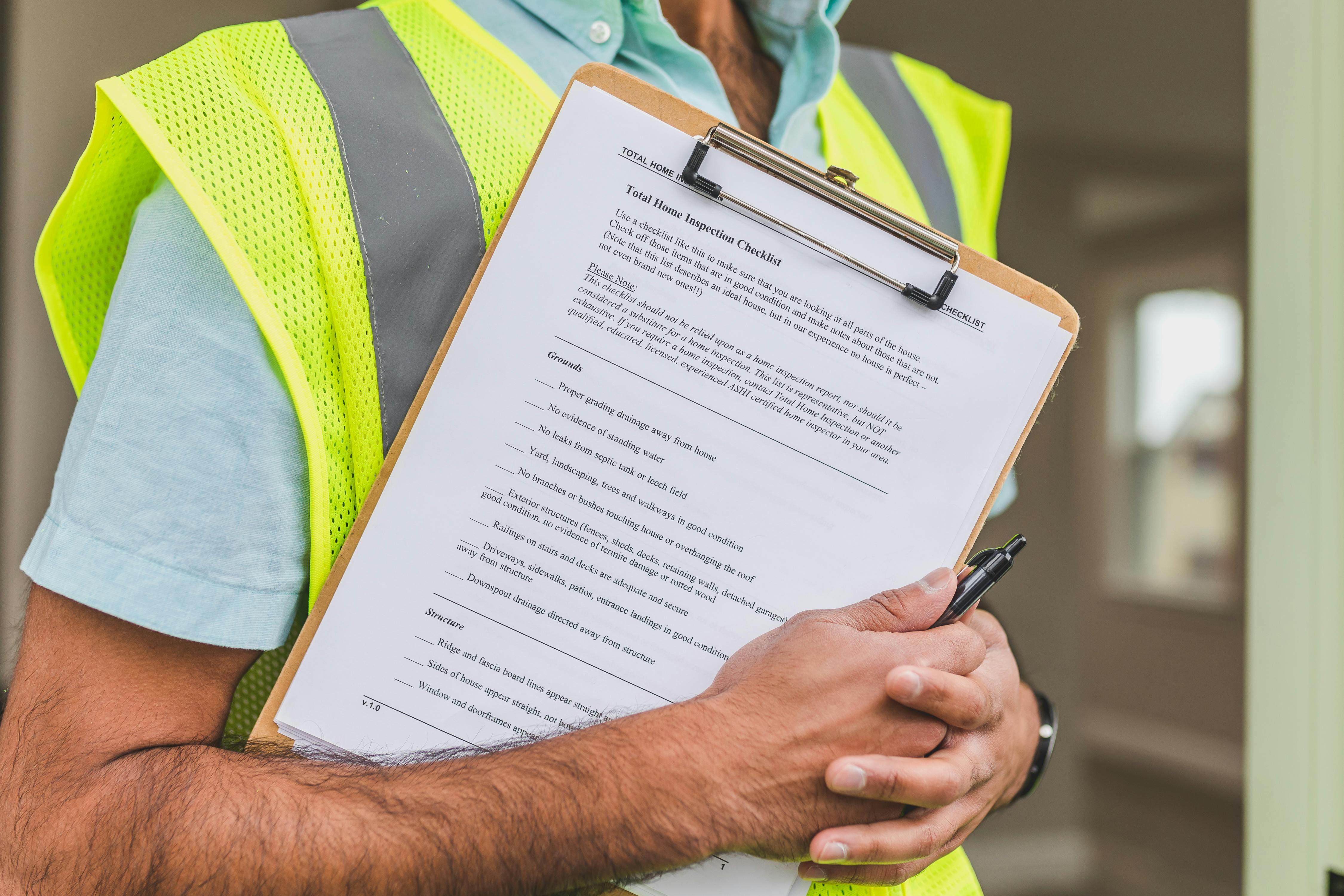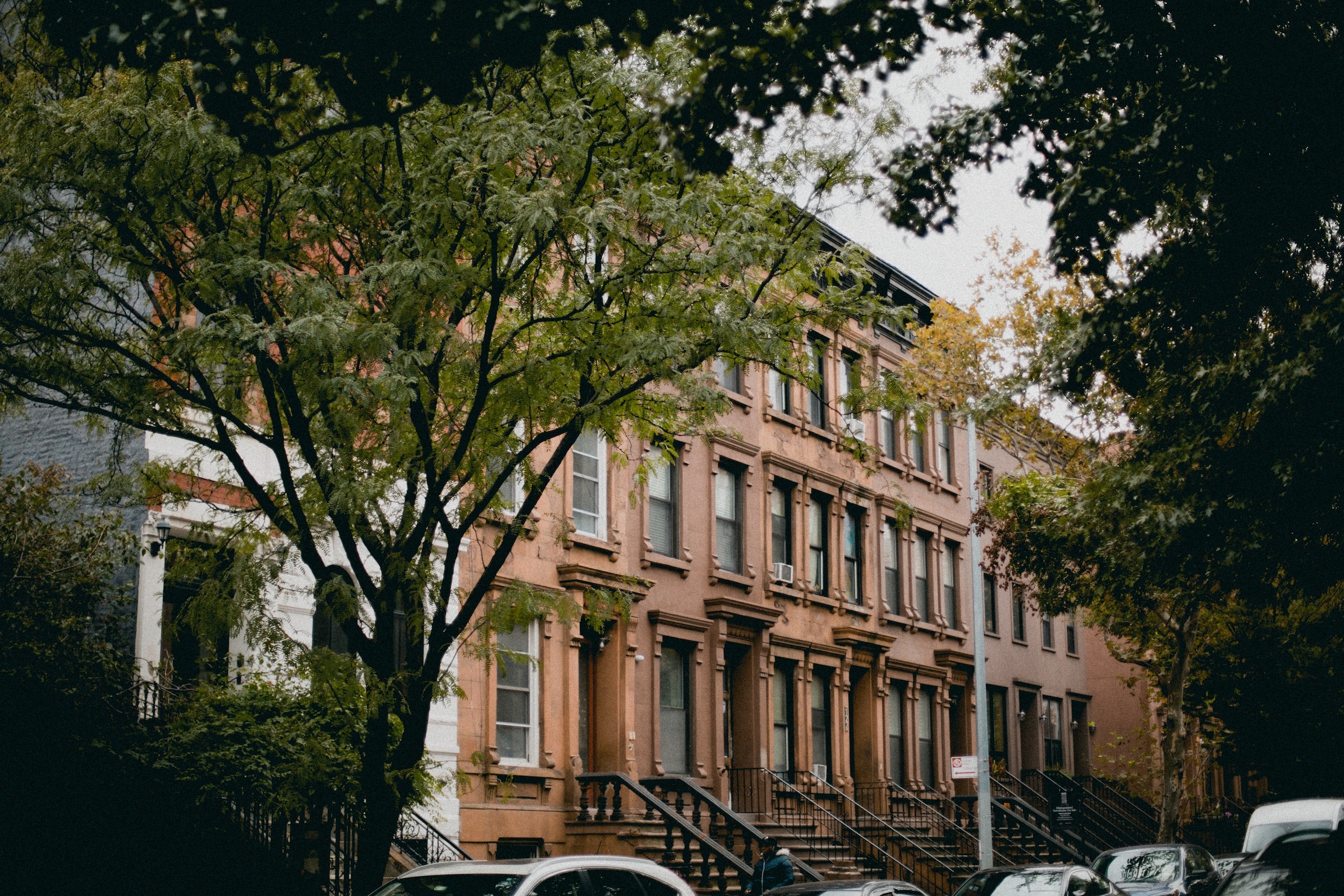As you seek to secure your dream place, it’s crucial to understand and execute a condo inspection. In this post, we’ll dive into key considerations during this step of the home-buying journey.
What is a Condo Inspection?
Let’s start with the basics. A condo inspection is a thorough examination of a condo unit to assess its overall condition and identify any potential issues. It helps a buyer determine any red flags or extra steps needed before closing on the property.
When Should I Hire an Inspector for a Condo?
As you prepare to schedule a condo inspection, the timing matters. This crucial step should take place right after you go under contract on a property but before closing the deal.
Conducting an inspection during this timeframes helps ensure the following:
- Due Diligence
- Negotiation Leverage
- Investment Protection
- An Understanding of Maintenance Needs
- Peace of Mind
What Is Checked During a Condo Inspection?
Take a look at everything that a condo inspection typically covers:
- Structural Elements: This involves checking the condition of the walls, ceilings, floors, and other structural components to ensure they are sound and free of defects.
- Mechanical Systems: Inspectors will assess the functionality and condition of heating, ventilation, air conditioning (HVAC) systems, plumbing, and electrical systems.
- Appliances: It’s essential to check the condition and operation of appliances included in the condo, such as stoves, refrigerators, dishwashers, and others.
- Interior Features: This includes evaluating the condition of doors, windows, flooring, and other interior elements.
- Safety Concerns: Inspectors will look for potential safety hazards, such as electrical issues, trip hazards, or other safety concerns.
What Can Buyers Demand at Final Walk-Through?
If, during the final walk-through, you discover any issues or areas of concern, it’s crucial to address them promptly. Buyers should request solutions for any unresolved issues, whether it be a commitment to further repairs or an adjustment to the closing agreement.
How Long Does a Condo Inspection Take?
Inspections typically take between 1 and 3 hours, depending on the size of your condo and how many inspectors are on site. Be sure to discuss this with your prospective inspector beforehand and have sufficient time blocked off for this step.
Should I Waive A Condo Inspection?
Although condo inspections aren’t legally obligated, we highly encourage this step of the home-buying process. They provide early awareness of current or potential home issues, offering a timely heads-up and an advantageous negotiating strategy. This allows you to request the seller to take responsibility for covering the expenses associated with any necessary repairs.
Do I Need to Hire a Professional for My Condo Inspection?
This answer is up to you, but our team sees real value in hiring a professional and typically recommends this service to our clients. A licensed and experienced inspector provides an unbiased evaluation of the property along with the knowledge of what to look for and how to identify discreet issues. They can help prevent higher unforeseen costs due to problems in your unit.
What Should a Condo Walk-Through Checklist Include?
To make the most of your condo inspection, be sure to take advantage of this condo walk-through checklist:
- Bring your checklist.
- Take photos and videos for visual documentation.
- Review the walls, ceilings, and floors.
- Take a second look at windows, doors, and balconies.
- View all the appliances.
- Ask questions regarding recent repairs and the state of things.
- Inquire about shared amenities.
- Scope out the exterior.
- Note any agreed-upon repairs and review them.
What is the Estimated Cost of a Condo Inspector?
The cost of a condo inspection can vary based on factors such as location and property size. On average, condo inspections may range from a few hundred to over a thousand dollars. While there is a cost involved, we consider this step worth every penny.
We hope you feel better equipped as you prepare for your condo inspection.
For lingering questions and support during your home-buying journey, partner with our experienced and compassionate team!














